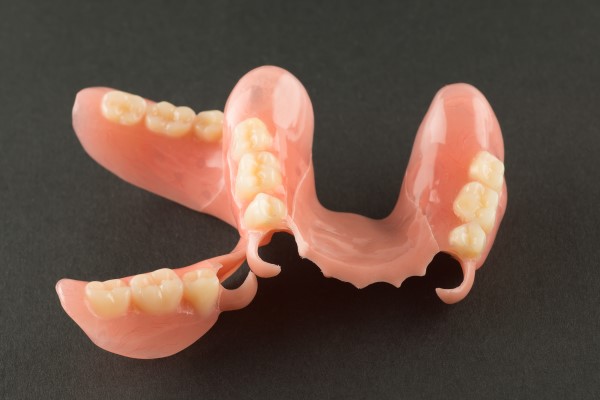When to Be Concerned About Your Child’s Teeth Grinding

If you are worried about your child’s audible teeth grinding, it may help to know this is not an uncommon concern. Clenching the teeth together is common in young children, especially in teething toddlers or school-aged children whose permanent teeth are emerging. When a child exhibits this behavior on a more regular basis, dentists and other medical professionals call it bruxism. Continue reading to learn why children may struggle with this condition and when parents should be concerned.
Why do children grind their teeth?
Children with bruxism often grind or clench the teeth together while asleep, but it is not uncommon for the behavior to also happen during the day. Depending on the child’s age and personality type, there are several different reasons a child may start grinding their teeth together:
- Tooth and ear pain: Toddlers and young children may clench their jaws to try and soothe pain caused by teething or an ear infection.
- Misalignment: Jaw misalignment can lead to teeth grinding and often causes wear to the teeth in specific areas.
- Sleep disorder: While sleep bruxism is considered a sleep disorder of its own, sleep apnea often accompanies this disorder.
- Stress: Both younger and older children may clench the jaw in response to uncomfortable situations or general stress.
- Hyperactivity: Children who are overly active, including those diagnosed with attention deficit hyperactivity disorder, are more susceptible to bruxism.
- Medical conditions: There are several medical conditions that can contribute to bruxism, such as cerebral palsy, Down syndrome, autism and obsessive-compulsive disorder.
- Medication use: The use of certain drugs and substances can cause teeth grinding. Antipsychotics and antidepressants are both linked to bruxism. Caffeine consumption, especially right before bedtime, can also affect jaw clenching both during the day and at night.
Is teeth grinding harmful in children?
While many children outgrow bruxism without severe negative effects, other children may experience dental problems or pain as a result of the habit. Habitual teeth grinding can cause symptoms related to temporomandibular joint dysfunction. Parents should take note of complaints about problems chewing, pain in the face and jaw, tension headaches and earaches and jaw popping or clicking. These symptoms may be worse in the morning after waking up. Bruxism can also cause visible wear to the teeth, leading to chips and cracks in extreme situations.
How can damage be prevented?
If bruxism is affecting a child’s teeth, treatment may be necessary to prevent further damage from happening. The child’s dentist will likely first try to discover the root of the problem before developing a plan of action. Misalignment may be addressed with orthodontic treatment. Children who grind the teeth at night may be given a mouth guard to allow the jaw to relax at night. Stress management and developing a set nighttime routine may also help hyperactive or anxious children.
Conclusion
While not all teeth grinding in children is a cause for concern, it is always a good idea to mention the habit to a dentist who can further evaluate the child’s mouth. Depending on the cause and severity of the behavior, there are several ways the dentist can help.
Request an appointment here: https://www.palmbeachdentistry.com or call Palm Beach Dentistry at (561) 225-2057 for an appointment in our Delray Beach office.
Check out what others are saying about our dental services on Yelp: TMJ Dentist in Delray Beach, FL.
Recent Posts
A TMJ dentist is a dentist who is trained in general dentistry but continues their education with a focus on the temporomandibular joint and its disorders. They spend their days treating general dental conditions, however, much of their efforts are spent diagnosing, managing, and treating TMJ disorders.TMJ dentists are great resources to utilize when suffering…
TMJ is a common condition that dentists treat. It can affect people of all ages and causes intense pain in the jaw. It can also make it difficult to eat and makes chewing painful. If you believe you have this disorder, you should visit your dentist and seek treatment. Your dentist will have a few…
Do you think you might be grinding your teeth at night? It is a very common issue for many people. You may have woken up with headaches, tension in your neck or other nonspecific symptoms. Currently, the best option for the treatment of teeth grinding is a visit to your dentist. If you decide to…
If you are suffering due to TMJ, it is time for a visit to our TMJ pain dentist office. Temporomandibular joint and muscle disorders, more commonly referred to as "TMJ," are several conditions that can cause discomfort, dysfunction, and inadvertent muscle spasms and grinding in the muscles that are responsible for jaw movement. These disorders…


